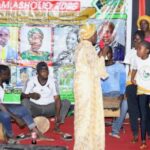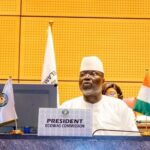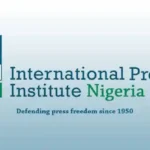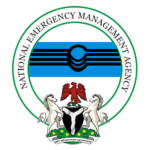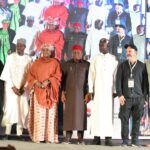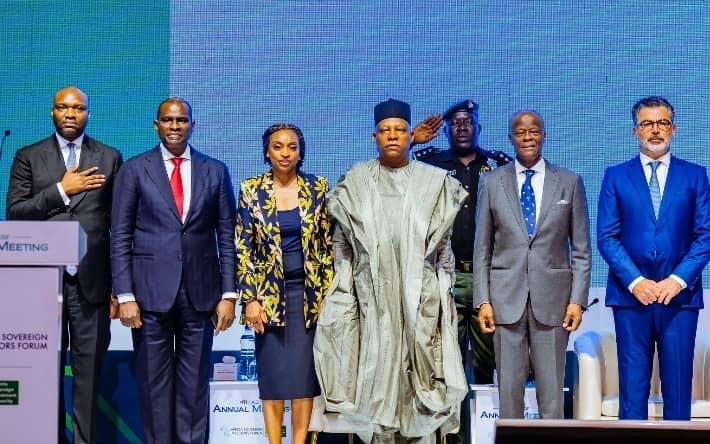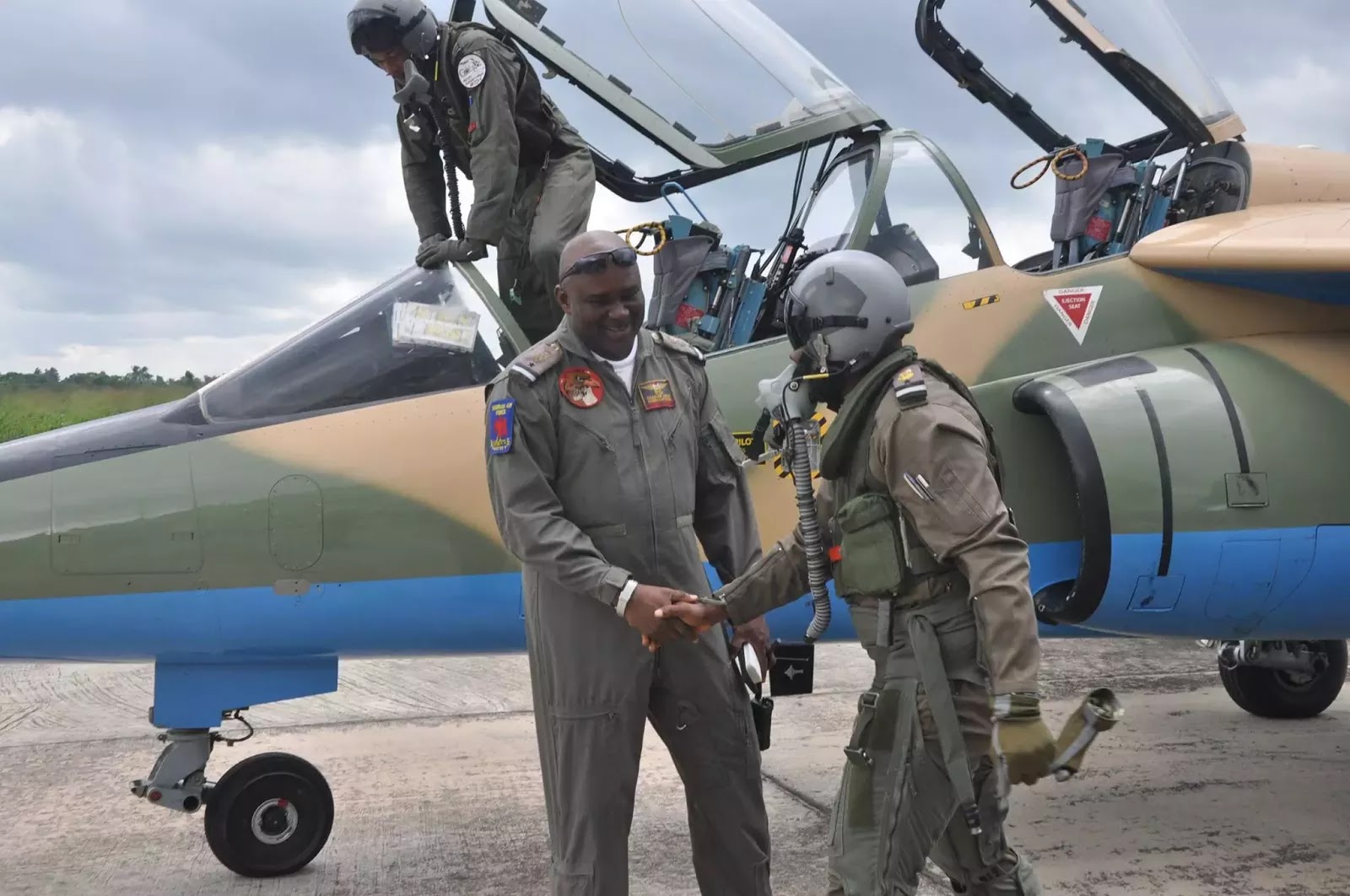Forum urges leaders to invest in Africa’s capital to preserve wealth
By Okeoghene Akubuike The Africa Sovereign Investors Forum (ASIF) has urged leaders in the continent to invest and preserve wealth for future generations by investing in Africa’s capital. Stakeholders at the forum made the call at the 4th Annual Meeting of the Africa Sovereign Investors Forum (ASIF) hosted by theContinue Reading

